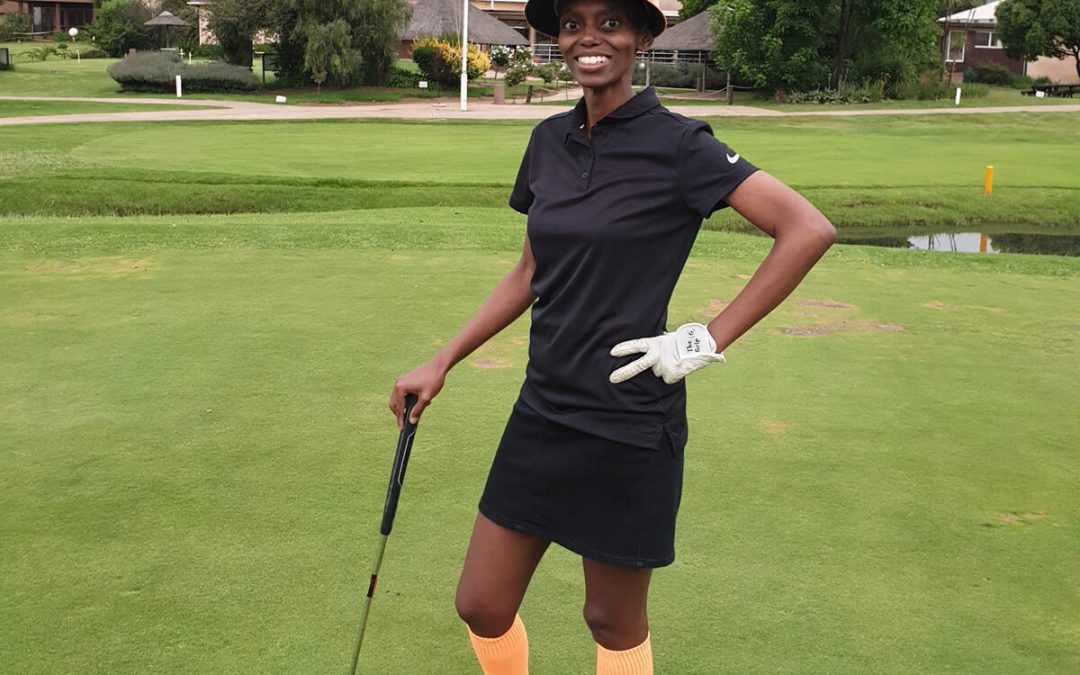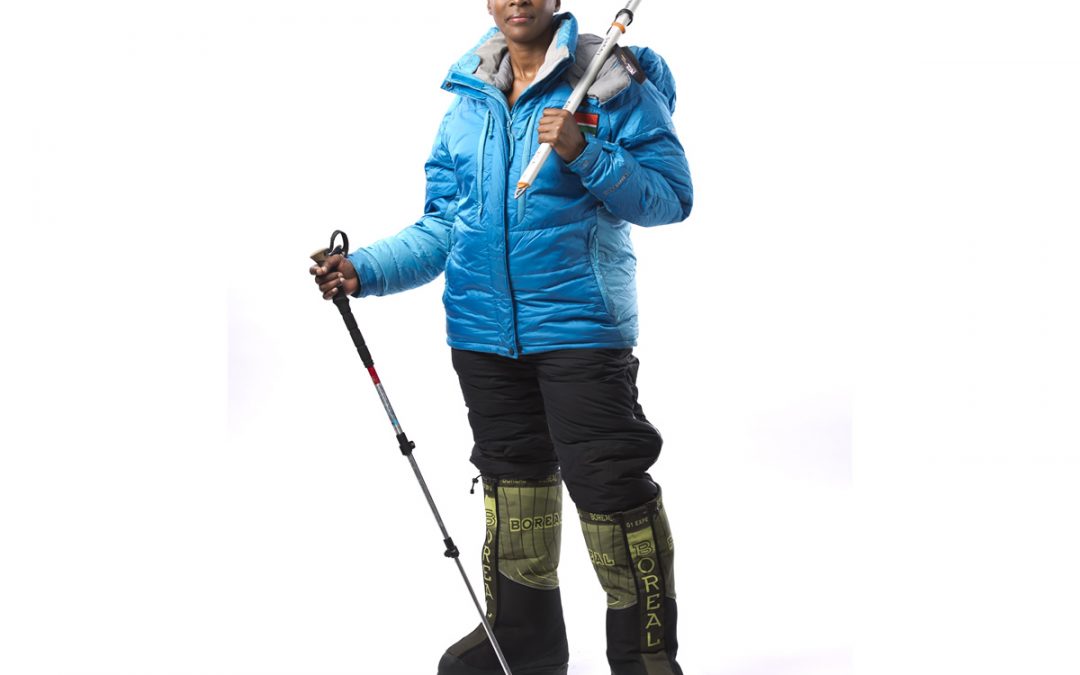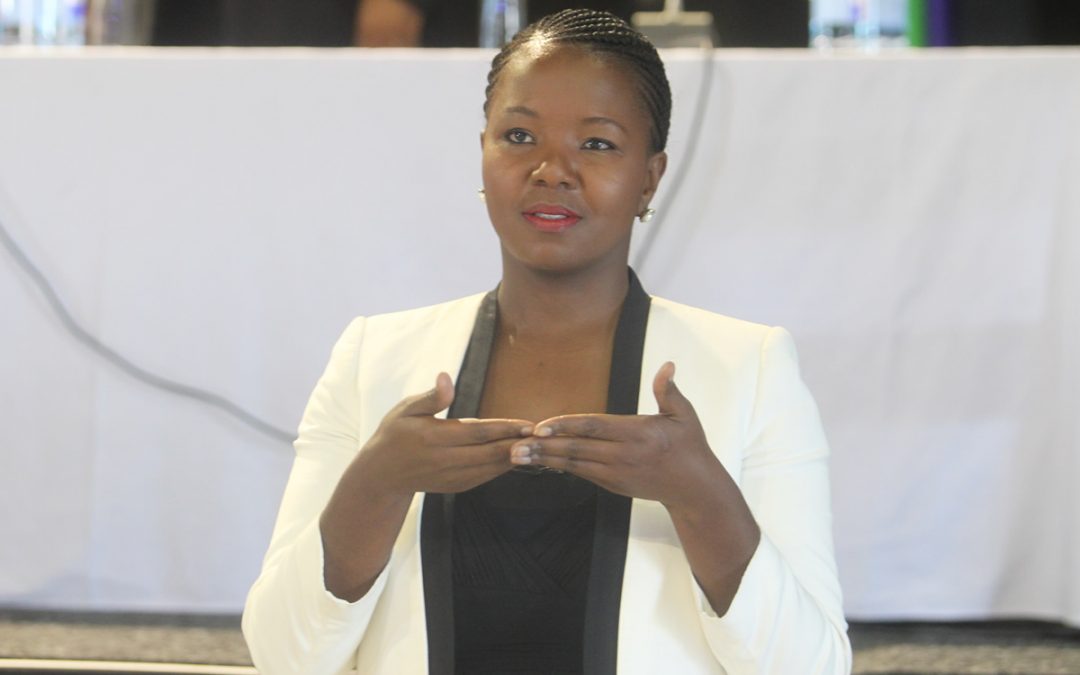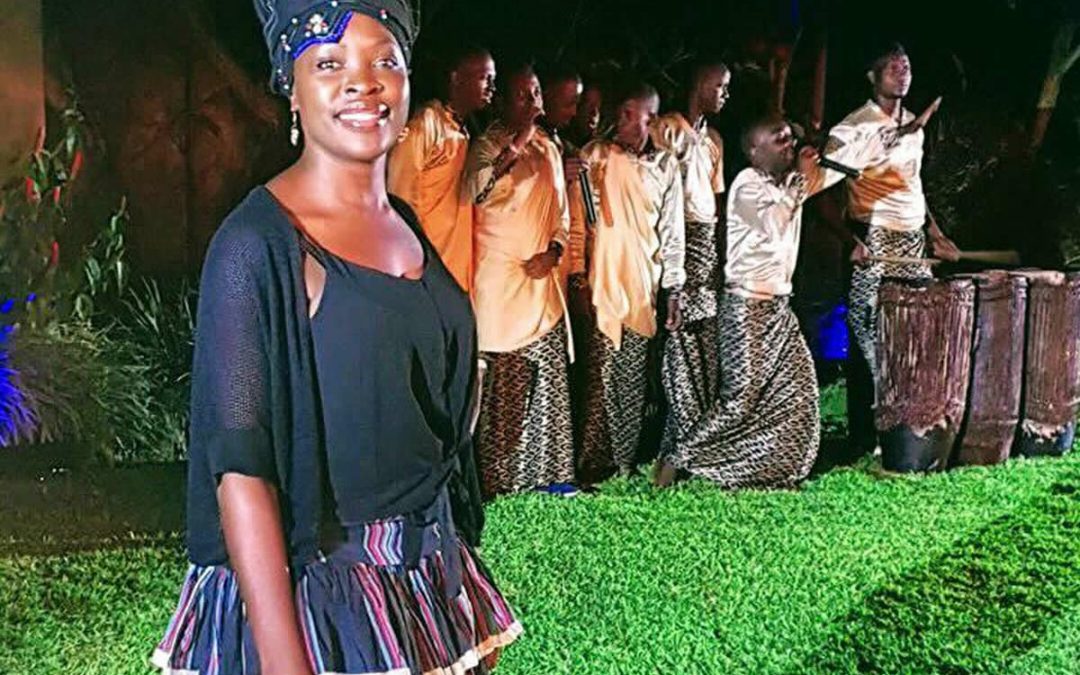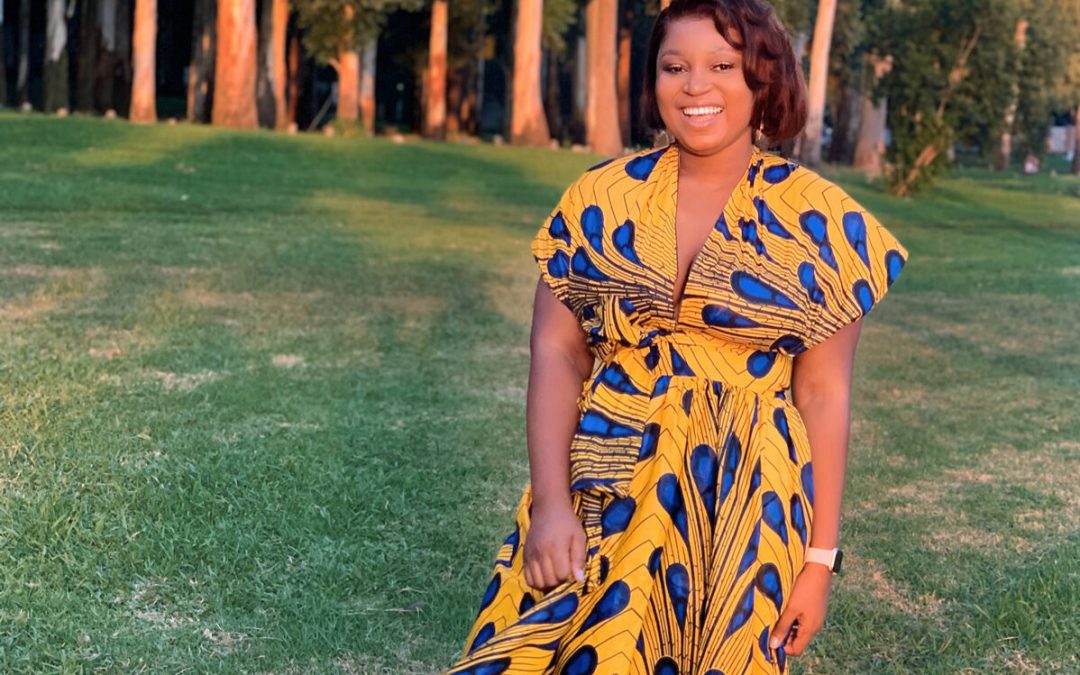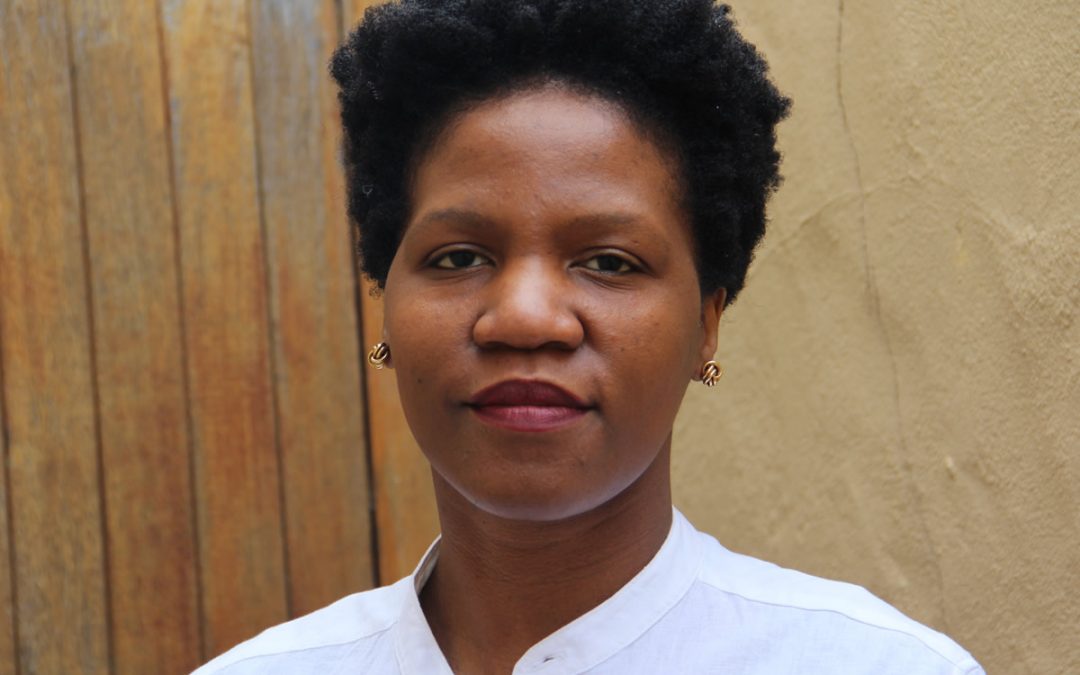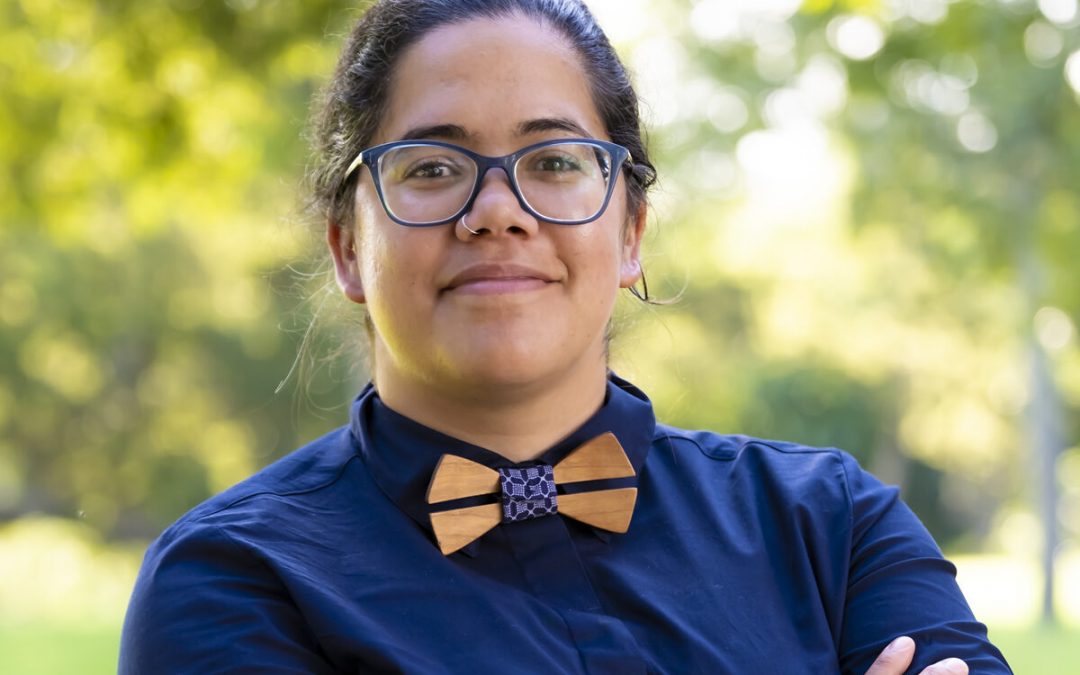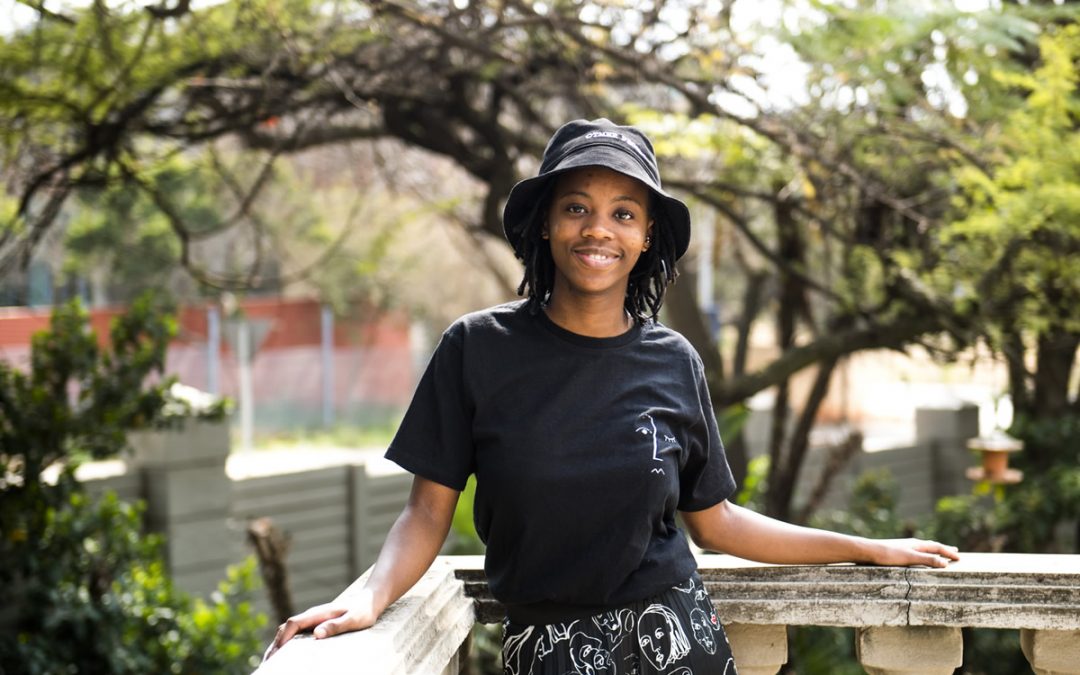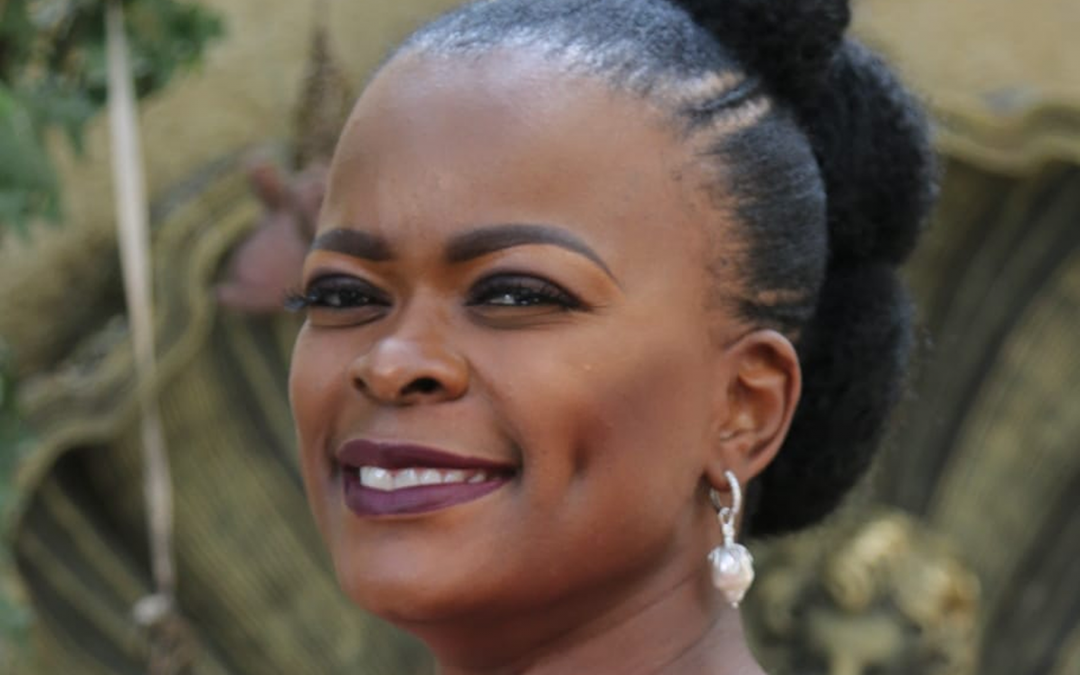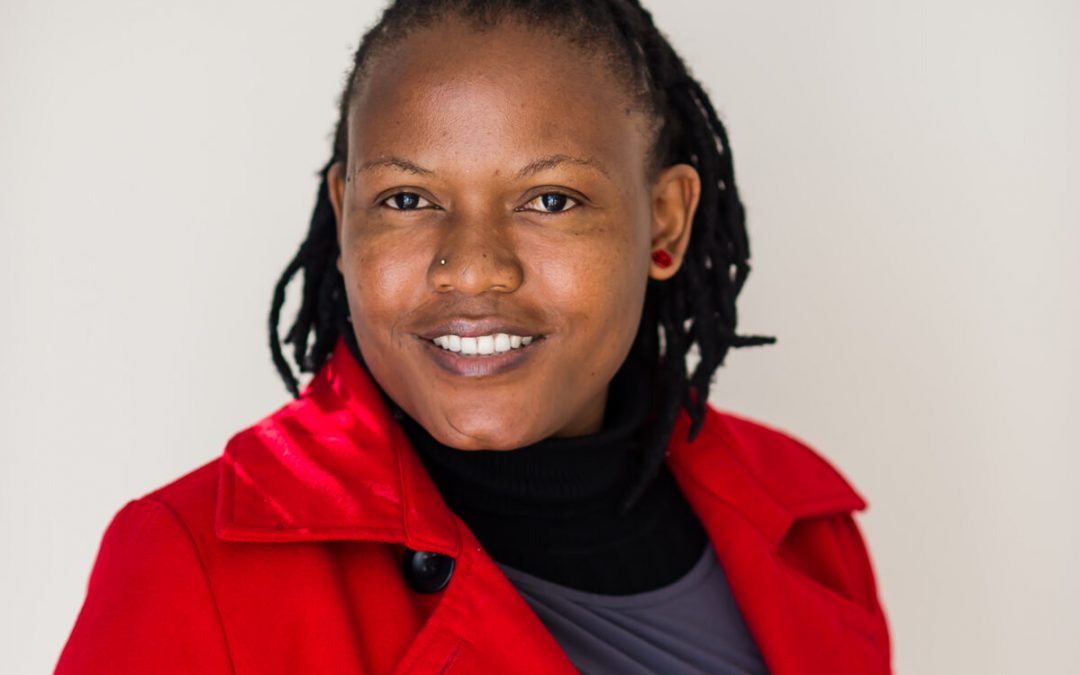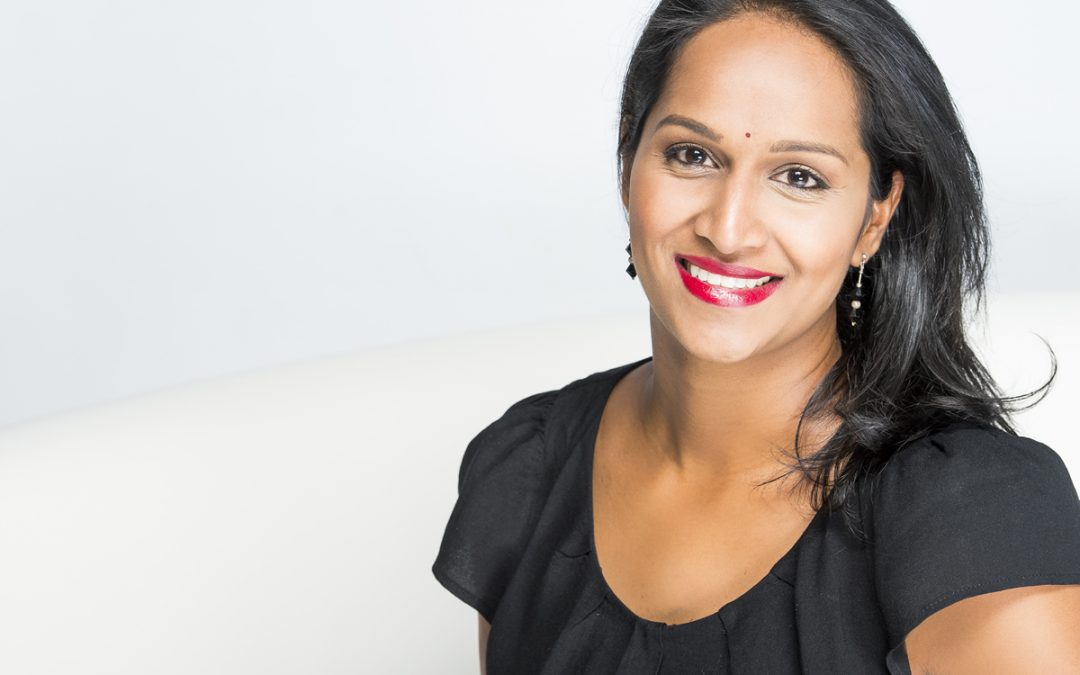The founder of Thanda is dedicated to handing power back to women — by giving them the knowledge, support and breathing room to improve their own lives.
When it comes to manifesting meaningful societal change, the most impactful shifts are a result of sowing seeds during very specific developmental milestones, then reaping the rewards years down the line as a community. South Africa suffers from dangerously high youth unemployment rates, ranks poorly when it comes to quality of education, and half the population lives below the poverty line. Our problems are so systemic and ingrained that it will require wholesale changes, and, more importantly, widespread support and dedication to change from non-profit organisations such as Thanda.
The organisation was co-founded in rural KwaZulu-Natal in 2008 by Angela Larkan, whose dedication to creating a better future for the country has led to the betterment of countless young South Africans. Larkan’s work is well recognised: she received the Mzanzi Soul Award for her contributions to South Africa in 2010, won the Southern Africa Trust Drivers of Change Award in 2013, was a finalist for the 2011 Feather Awards for Community Building, and she’s no stranger to us, having featured on the Mail & Guardian 200 Young South Africans list.
After two years researching on the ground, Larkan launched Thanda initially to provide support to children with after-school programmes. They utilised a holistic approach for their implementation and planning, hiring unemployed youths and training them to become after-school facilitators, using local schools’ empty classrooms for their activities.
Since then, Thanda has grown in scope and ambition, currently supporting over 1 000 children and 400 farmers daily with their four core programmes. The first, the Imbewu Early Childhood Development Programme, focuses on making sure children from three to five are ready to enter school by developing their cognitive, motor and creative skills. The Siyazazi After-school Programme is designed for grades R-10 and is responsible for providing children with educational and life skills through experiential learning. Thirdly, Thanda branched out into providing mentorship and ongoing support for local farmers to help them develop their farming methods with modern practices, all within the Nisela Organic Farming Programme. Finally, the Creative Learning Training Programme, which goes full circle by dealing with educators, trains them in creative learning methodologies and provides practical teaching resources.
As for what keeps her going, Larkan knows the reason she does this selfless work: it’s the individuals who make up the communities she’s dedicated to helping. “It’s the old gogos in rural communities who motivate me. Despite their age, they continue to work so hard day after day, taking care of their households and grandchildren,” she explains.
The efforts of Thanda are ensuring a better quality of life for the women in these communities — Larkan alludes to their recent Organic Farming Programme during lockdown, which catered to many women — and hopes that their holistic approach is not only improving aspects of life or just individuals, but the communities themselves. The programmes are dedicated to handing the power back to women by giving them the knowledge, support and breathing room to improve their own lives. To quote Larkan herself,
“Power is doing something bigger than yourself – whether it is waking up in the night to care for your daughter or writing letters to change unethical policies. It requires thinking about yourself as just one small part of a greater ecosystem.”


